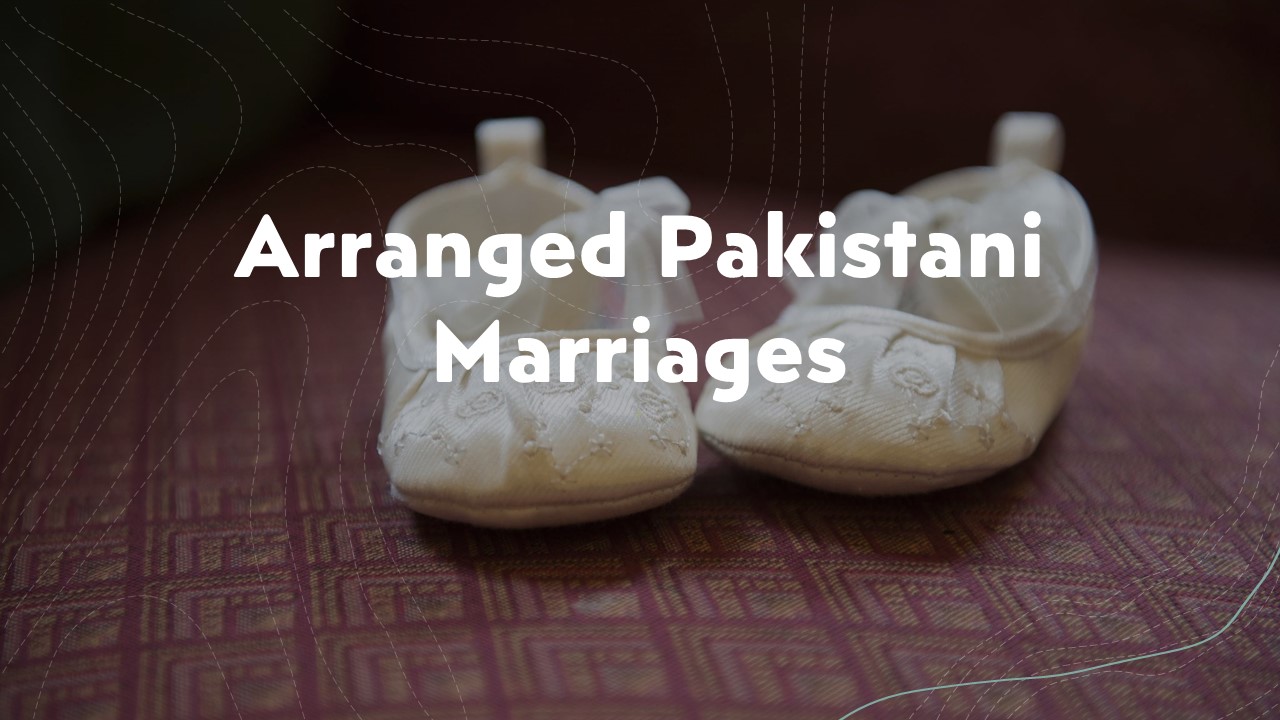Pakistani culture is the cultural values, norms, and practices that people follow in Pakistan as well as in the populations scattered in other countries whose origins lie in Pakistan. Pakistan is a Muslim society with a traditional collectivistic organization that highly values social stratification, power distance, family, and social interdependence. Pakistani marriages are still widely arranged by other members of the family.
Cultural things are tightly intertwined with religious ones in all facets of life, including matrimonial customs. The traditions of arranged marriages in Pakistan are still quite widespread, as they are in other traditional societies, such as India, for example.
Cultural and Religious Mixing in Pakistani culture
Islam substantially influences the culture of Pakistan as a Muslim country. Therefore, many values, traditions, and beliefs have religious and cultural roots. This makes it difficult to argue with any cultural ideals, traditions, or customs while avoiding the risk of offending Islam.
The cultural mixture of religion and culture makes it challenging to distinguish how much is cultural and how much is religious in any given cultural tradition in Pakistan. Arranged marriages are culturally common in these types of societies, so they are widely practiced in Pakistan and cultural diasporas around the world.
What Do Arranged “Pakistani Marriages” Mean?
In arranged marriages, parents or other senior family members select a mate for their son or daughter. Professional matchmakers and community elders may also participate in finding a suitable spouse. A man and a woman have a limited opportunity to choose their spouse, yet they consent to this custom. They may have little freedom in choosing their spouse, but they mostly agree with family wisdom. An extended family usually plans the wedding events and rituals according to cultural customs.
Because Pakistan is a Muslim society, Islam has a significant impact on culture (Zara Ahmed, 2022). So, it is important to distinguish between religious and cultural aspects when we discuss marriage traditions, norms, and customs.
What Does Polygamy Mean in Pakistani Arranged Marriages?
Polygamy is acceptable in Pakistan. Muslim men point out that they can marry four times simultaneously. However, this cultural rule, which they may conveniently forget, is intended to support financially divorced or widowed women who are struggling with resources. Besides, the consent of previous wives is needed. Regrettably, many men increasingly use this loophole to legitimize their extramarital affairs.
As Zara Ahmed (2022) noted, it is important for women to understand Islam. This way, they can resist the forced choices, such as obedient acceptance of their husband’s infidelity or a forced marriage arranged by their parents in the name of Islam.
Arranged marriages are customary in Pakistan, and dating in Islam is not advised. This seems to limit the freedom of choice for a man and a woman. However, it is important to note that Islam says, “The right to choose a husband was understood as a right given to women by Islam” (Khurshid, 2018, p. 92). Practically, this means that the couple getting married fully consents to the union without coercion. “The parental duty to respect a child’s right to veto” does not contradict their religious or cultural duty (Shaw, 2006, p. 213). Thus, parents who attempt to heavily persuade or force their children to marry are following patriarchy rather than true religious teaching.
Arranged Marriages Among Pakistani Diasporas
Such cultural-religious conflations can be especially common among immigrants moving outside of Pakistan. They struggle to retain their culture and religion while being away from their country of origin. It is especially challenging for them to distinguish between the cultural and religious sides of traditions. Because of this, they tend to be stricter with themselves and their family than their religion and culture expect, trying to distinguish between religious and cultural beliefs.
This desperate holding on to outdated cultural ideals can cause problems for their children. Children try to fit into the culture they have grown up in while also respecting their Pakistani culture. Living abroad, they have more freedom to criticize cultural traditions. However, they may still struggle to persuade their parents and families to embrace new mixed-cultural ideals.
The Case of Intercultural Pakistani Marriages
Here is an example that Zara Ahmed (2022) provides: A young man of Pakistani parents fell in love with a non-Pakistani Christian woman. They were expecting a child before marriage. He was determined to marry her and stood by the woman he adored and his unborn child.
However, the adults in their local Pakistani community said his parents failed him in his upbringing. How could this child walk away from his religion and culture by insisting on this marriage? “Ironically, these same people would be judging him for walking away from his child; they would then use religion to demonstrate how he should have supported the child and married the woman. It was convenient for the adults to twist their words to suit their preferences; it was not like every next-door neighbor could advise you on your religious rights.” (Ahmed, 2022, p.2)
Immigrant children look to their parents for religious guidance, so they must accept their interpretation of right and wrong. Four years later, it was evident that it was a strong marriage. They were happy and expecting another child. Once again, as I mentioned above, culturally as well as religiously, it is right that “the parental duty to respect a child’s right to veto” (Shaw, 2006, p. 213).
In the modern world, however, the cultural evolution of arranged marriages takes place in Pakistan and in Pakistani diasporas abroad. In the same way as in many other traditional societies, arranged marriages gradually evolve into love marriages. Love fuses into arranged marriages. even in Pakistani cultures.
